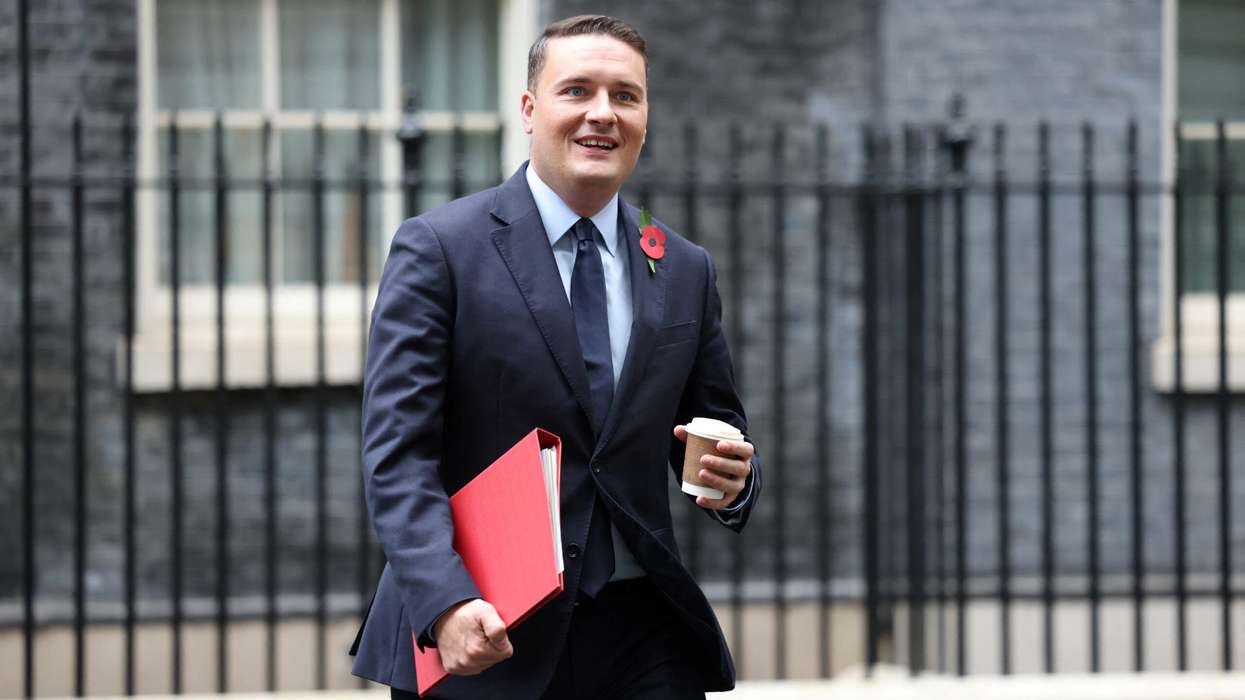A BRITISH F-35B fighter jet that had been grounded at Thiruvananthapuram International Airport for over a month flew out on Tuesday after completing maintenance.
The jet took off at 10.50 am and flew to Darwin in Australia, airport sources told PTI.
"A UK F-35B aircraft, which landed following an emergency diversion on June 14, departed today from Thiruvananthapuram International Airport. A UK engineering team, deployed since July 06, completed the repairs and safety checks, allowing the aircraft to resume active service," a British High Commission spokesperson said.
In a statement, the spokesperson added that the UK remained very grateful for the support and collaboration of the Indian authorities and airport teams throughout the repair and recovery process.
"We look forward to continuing to strengthen our defence partnership with India," the statement said.
The jet had been moved out of the hangar and positioned at the airport bay on Monday.
The F-35B Lightning fighter jet is part of the British Royal Navy’s advanced stealth fleet. Valued at over USD 110 million, it is considered one of the most advanced fighter aircraft in the world. It had remained parked at the airport since June 14 after developing a technical issue.
The aircraft had taken off from HMS Prince of Wales on 14 June but could not return to the carrier due to adverse weather conditions. Prioritising safety, it diverted to Thiruvananthapuram International Airport and landed safely.
While on the ground, the aircraft developed an engineering issue, delaying its return to the Carrier Strike Group.
Engineers from HMS Prince of Wales assessed the aircraft and concluded that support from a UK-based engineering team was needed.
The UK accepted India’s offer to move the aircraft to the Maintenance, Repair and Overhaul (MRO) facility.
To avoid disrupting normal airport operations, the aircraft was moved only after the UK engineering teams arrived with the required specialist equipment.
(With inputs from PTI)




